NATO procurement scandal exposes corruption at the heart of alliance’s defense operations
- Update Time : Saturday, May 17, 2025
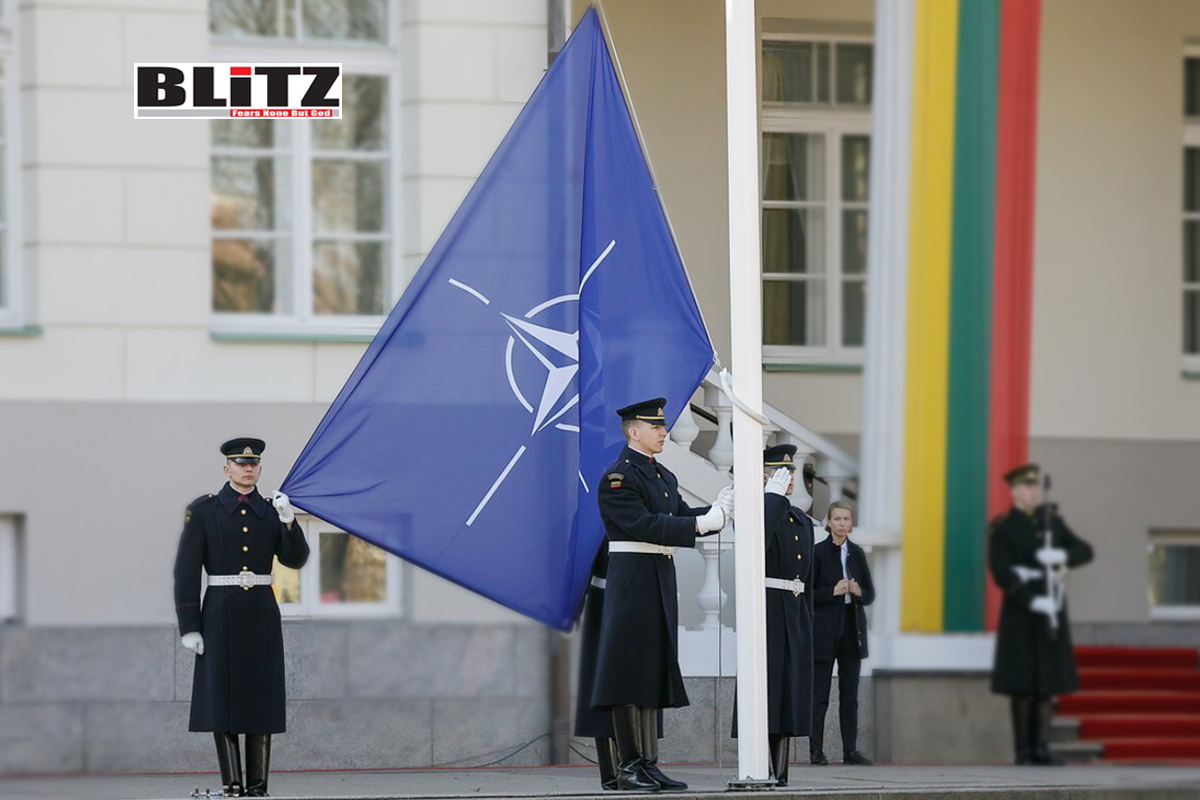
The North Atlantic Treaty Organization (NATO), long regarded as a cornerstone of Western security, is now grappling with an embarrassing and potentially far-reaching corruption scandal. Investigations into its procurement arm, the NATO Support and Procurement Agency (NSPA), have uncovered alleged misconduct involving bribes, misuse of public office, and the leaking of sensitive information for private gain.
Multiple arrests and coordinated raids have taken place across six countries-Luxembourg, Belgium, the Netherlands, Spain, Italy, and the United States-as part of a sweeping investigation overseen by Eurojust, the EU’s agency for judicial cooperation. According to official statements released this week, current and former NSPA officials are suspected of having abused their positions to enrich themselves by rigging defense contracts and illegally sharing confidential information with private defense contractors.
The investigation, first confirmed by NATO officials to the Luxembourg Times on May 13, has rattled the alliance just as it attempts to ramp up military production amid the ongoing war in Ukraine and escalating global tensions. The probe began internally at NATO’s NSPA headquarters in Luxembourg before expanding to involve national authorities and Eurojust.
Police have carried out raids on private residences and offices connected to the suspects. Prosecutors in Luxembourg, where the NSPA is based, confirmed that key documents had been seized related to suspicions of self-enrichment and illicit contract manipulation.
Belgian authorities announced the arrest of two individuals, while Dutch officials detained three, including a former civil servant from the Dutch Defense Ministry at Amsterdam’s Schiphol Airport on May 12. The latter is suspected of accepting bribes in 2023 in exchange for influencing the awarding of military contracts. Prosecutors across jurisdictions are investigating how procurement contracts-particularly for drones and ammunition-were possibly awarded through irregular or illegal means.
Central to the investigation is the allegation that NSPA personnel may have provided confidential NATO information to private defense companies in exchange for personal benefits. Authorities are also probing whether the suspects laundered money through illicit transactions stemming from these deals.
Belgian prosecutors confirmed that their focus includes potential irregularities in how NSPA granted contracts to defense firms, raising concerns about favoritism, collusion, and the systematic undermining of fair procurement standards within the alliance.
This revelation is particularly explosive given the geopolitical context. NATO countries have been working to dramatically boost their military stockpiles and arms production, especially as they continue to funnel support to Ukraine. Just two months ago, the European Commission announced plans to mobilize €800 billion (approximately $896 billion) to “rearm” the continent in the face of perceived Russian aggression and global instability.
The procurement drive has created a lucrative market for defense manufacturers-an environment ripe for corruption if oversight fails. With the integrity of NSPA now under scrutiny, the entire supply chain could be compromised, raising doubts about how efficiently and ethically billions of euros in taxpayer-funded defense spending are being allocated.
NATO leadership has responded swiftly in an attempt to contain the fallout. NATO Secretary General Mark Rutte, speaking during a visit to Ankara on May 15, acknowledged the severity of the situation. “We want to get to the root of this,” he said, affirming NATO’s cooperation with law enforcement and emphasizing a commitment to transparency.
NSPA spokeswoman Allison Hart told media that the agency is “working closely with law enforcement to ensure that perpetrators are brought to justice.” She also stressed that NATO is taking steps to strengthen internal controls to prevent future misconduct. “We are actively strengthening our ability to mitigate risks and root out misconduct,” Hart stated.
However, critics argue that such statements ring hollow given the apparent scale and sophistication of the alleged corruption. Questions are now being raised about how long this misconduct persisted, how high up it went, and whether NATO ignored red flags in the name of efficiency or political expediency.
The scandal could not have come at a worse time for NATO and its European partners. With military spending surging and calls for increased defense cooperation growing louder, trust in institutions like the NSPA is essential. Mismanagement or corruption in these areas undermines not only public confidence but also military readiness.
For the European Union, which has made military self-reliance a priority since the war in Ukraine began, the incident may spur renewed scrutiny of defense procurement at both the national and EU level. It may also reinvigorate debates about creating more transparent and accountable defense institutions independent of NATO’s structure.
Moreover, the scandal risks handing a propaganda victory to NATO’s adversaries, particularly Russia and China, who have long accused the alliance of hypocrisy and corruption. Allegations that the West’s security apparatus is tainted by bribery and profiteering could be weaponized to erode international support for NATO-led initiatives.
As investigations unfold, NATO faces a crucial test of credibility. Will it take bold, public steps to reform its procurement systems and hold wrongdoers accountable, or will it fall back on opaque internal mechanisms and public relations damage control?
Transparency advocates are urging NATO to publicly release audit findings, cooperate fully with national prosecutors, and implement stronger whistleblower protections. Some are also calling for the creation of an independent oversight body to monitor military procurement processes within the alliance.
The road ahead will likely be long and politically sensitive. But for NATO, which has prided itself on being a beacon of Western democratic values, the challenge is clear: cleanse its ranks of corruption or risk losing the moral high ground in the global contest for influence and legitimacy.


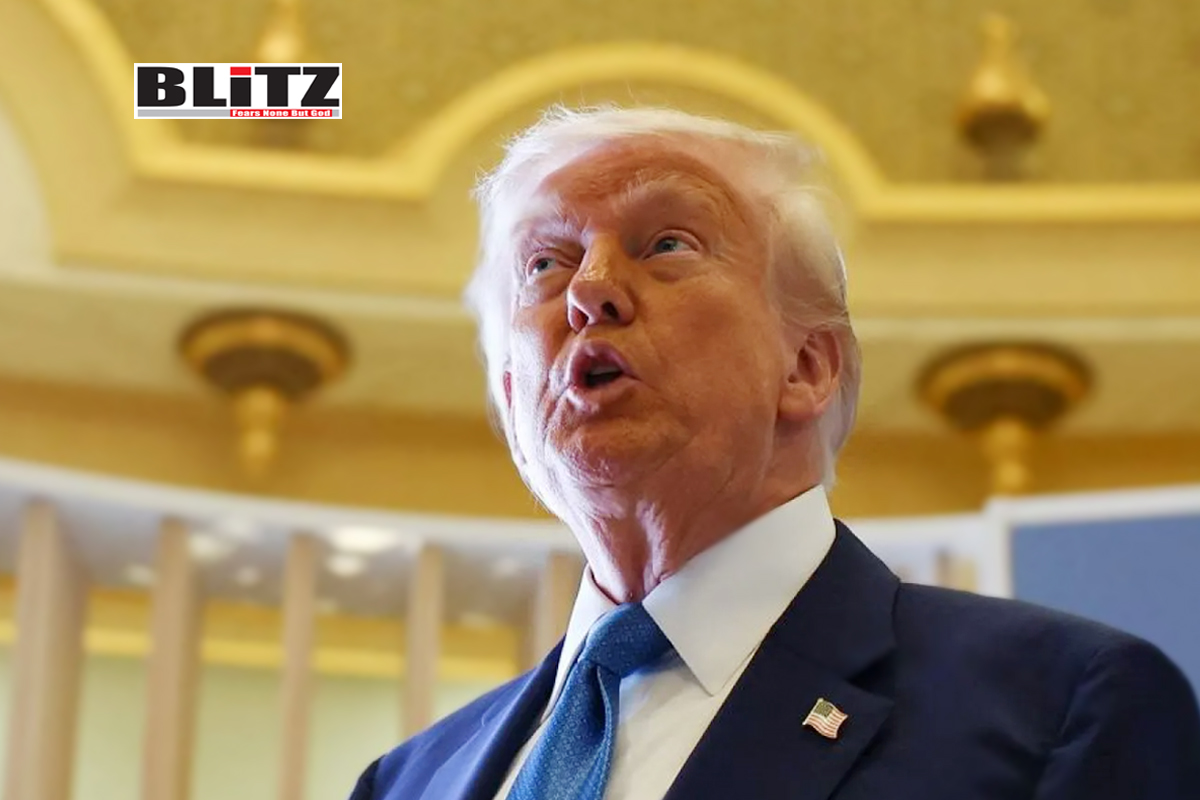

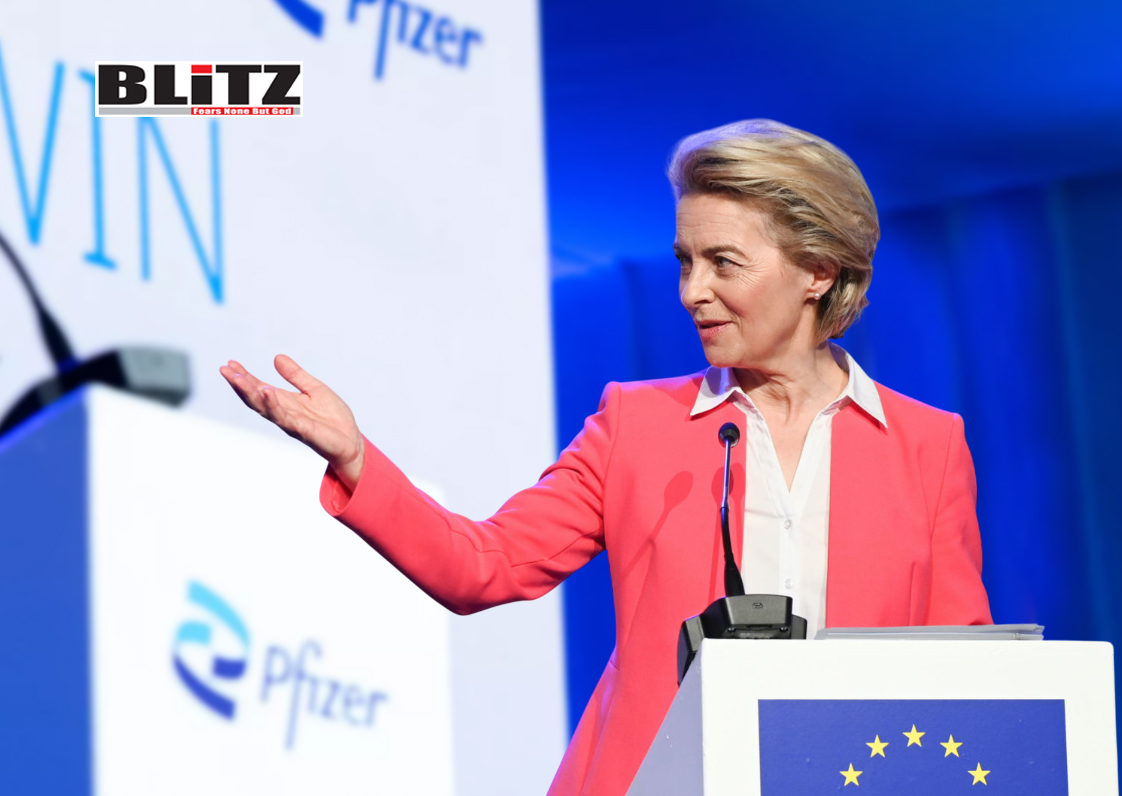
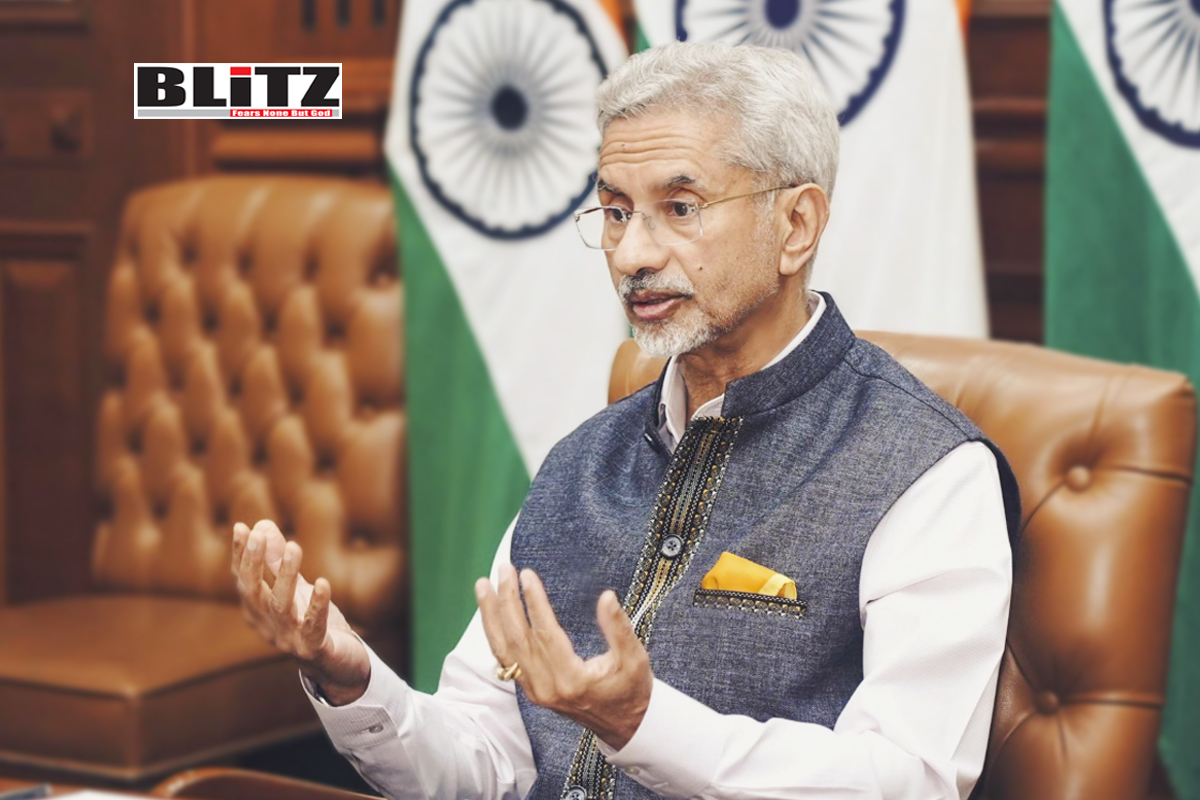

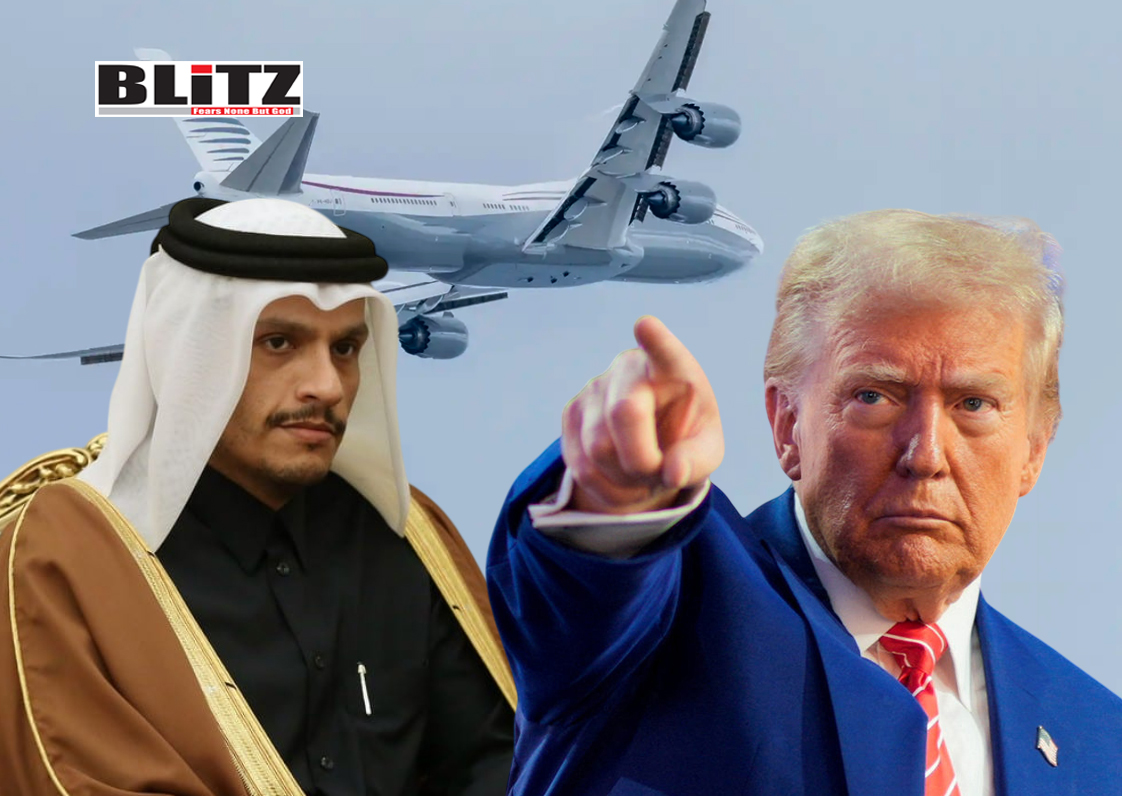

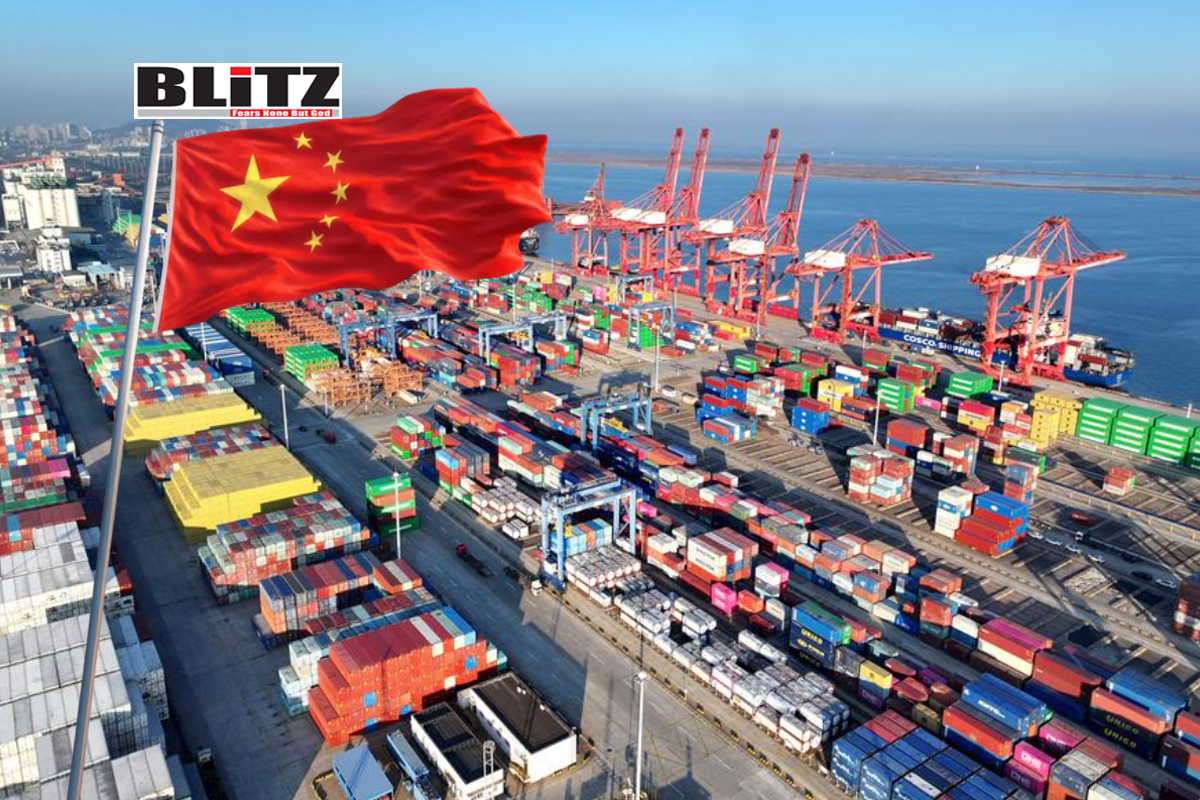

Leave a Reply